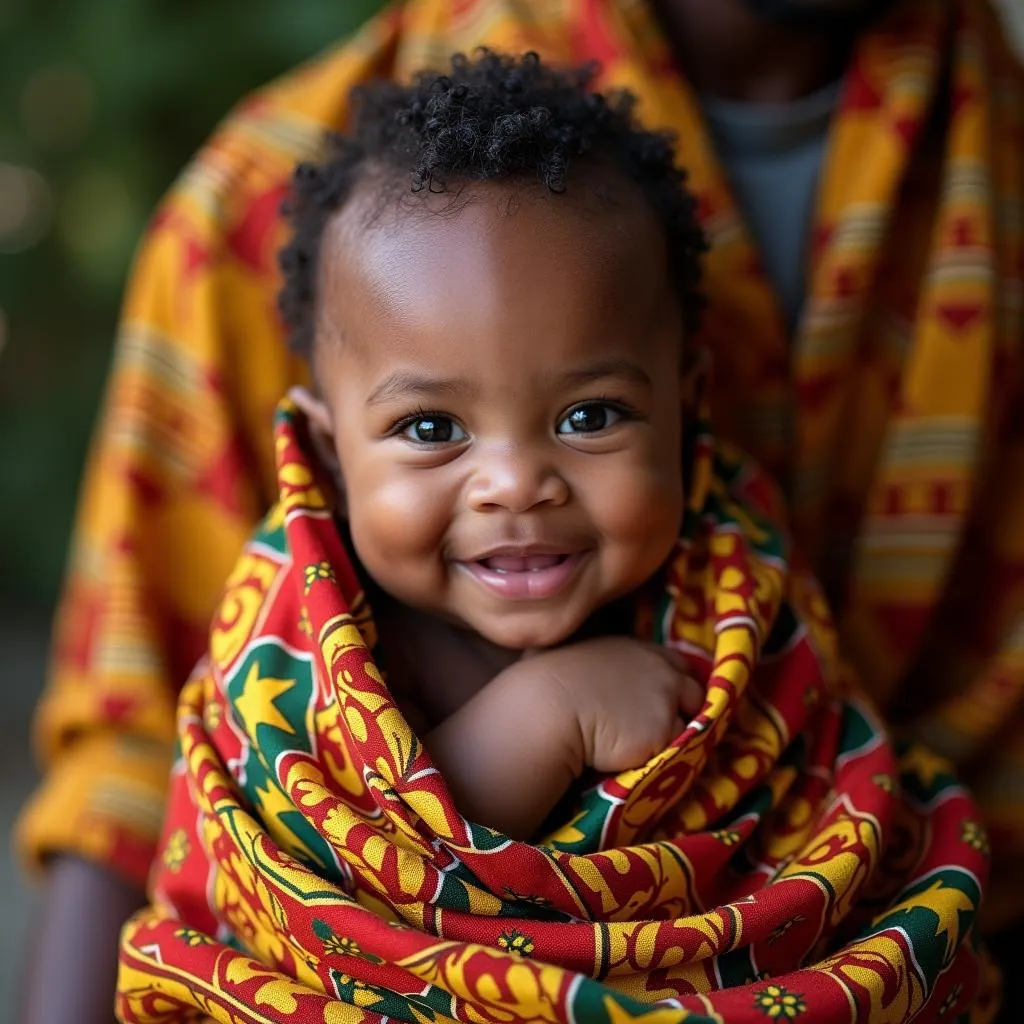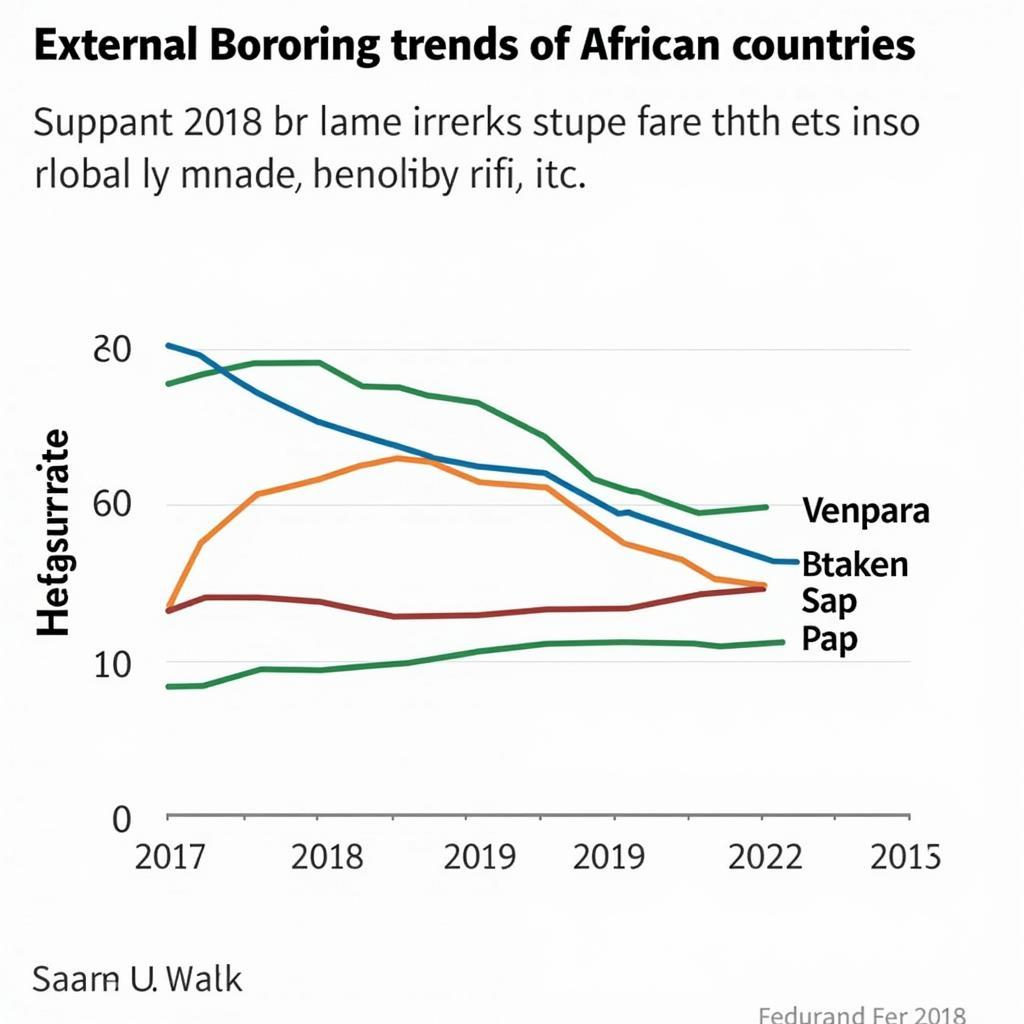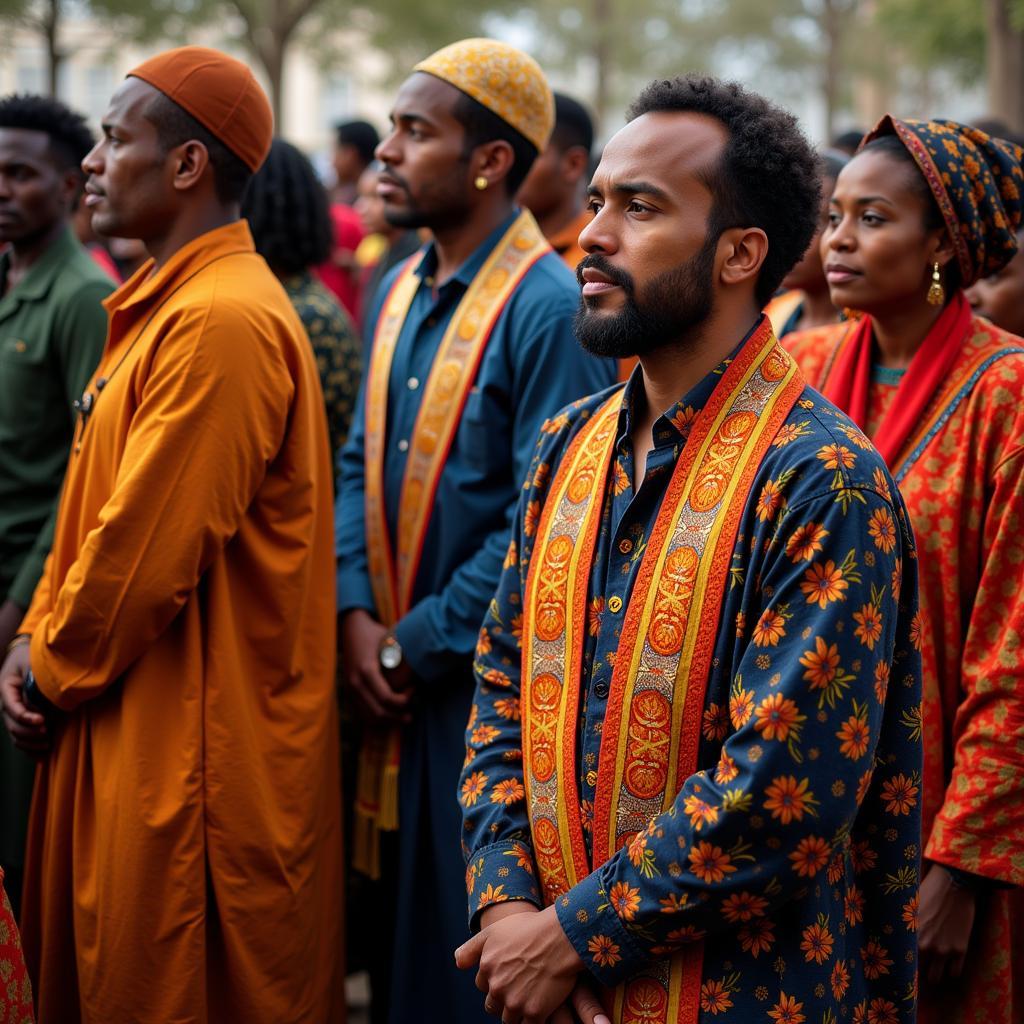African Children’s Writers Who Use Folklore
African children’s literature is rich with stories passed down through generations, enchanting young minds with tales of tricksters, talking animals, and magical beings. These stories, steeped in the continent’s diverse cultures and traditions, aren’t just entertaining; they carry valuable lessons about morality, identity, and the natural world. Let’s delve into the captivating world of African children’s writers who masterfully weave folklore into their narratives.
These authors, hailing from different corners of the continent, breathe new life into ancient tales, making them relevant to contemporary readers while preserving their cultural significance. Through their vibrant storytelling, they introduce the world to the beauty and wisdom embedded in African folklore.
Reimagining Ancient Tales for Young Readers
One of the primary reasons authors choose to incorporate folklore into children’s literature is its power to engage young minds. These stories, often featuring repetitive phrases, catchy songs, and relatable characters, make complex ideas accessible and entertaining for children.
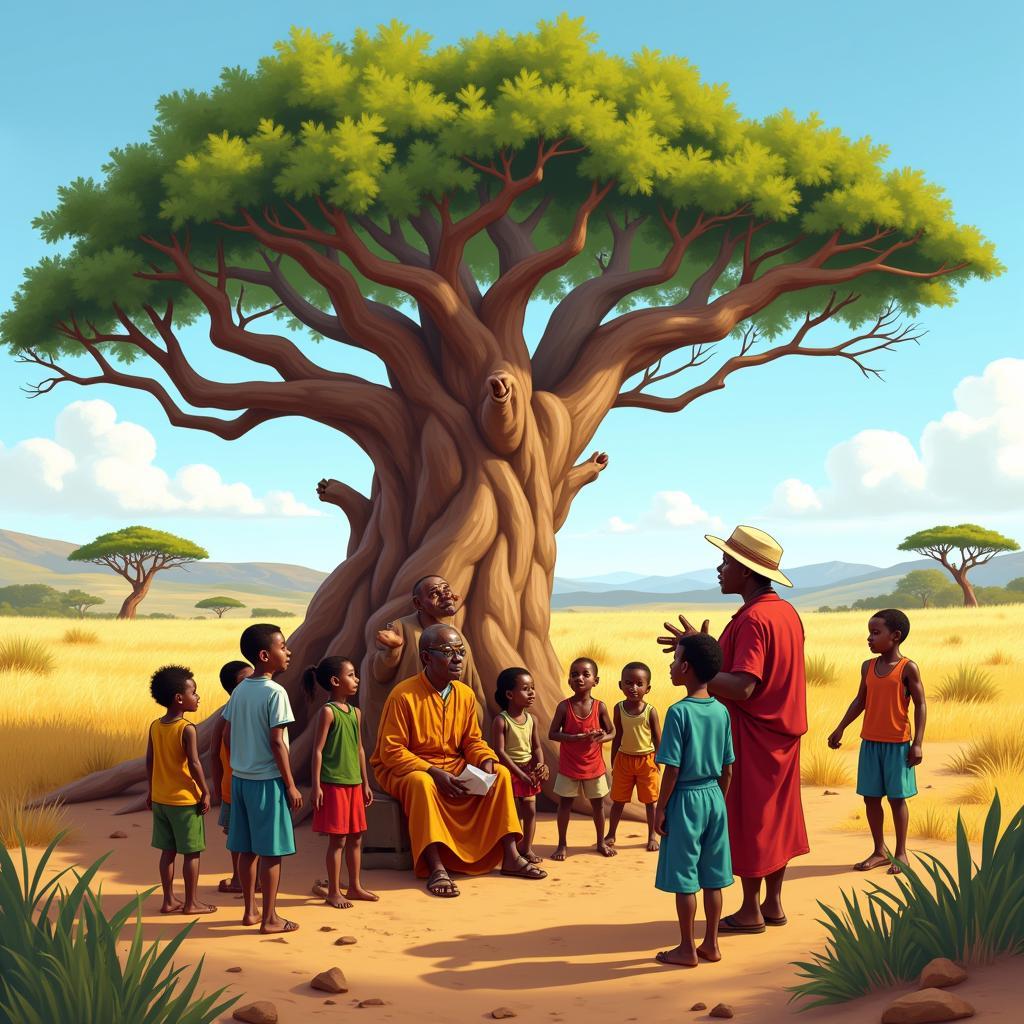 Children listening to a storyteller
Children listening to a storyteller
Moreover, African folklore is full of animal protagonists. Think of Anansi the Spider from West African tales, known for his wit and cunning. These characters, with their human-like qualities and relatable dilemmas, resonate deeply with children, fostering a love for reading and an appreciation for different cultures.
More Than Just Stories: Folklore as a Tool for Learning
Beyond entertainment, African children’s writers utilize folklore as a powerful tool for education. These tales are imbued with moral lessons, often highlighting the consequences of greed, selfishness, and dishonesty, while celebrating virtues like kindness, courage, and community.
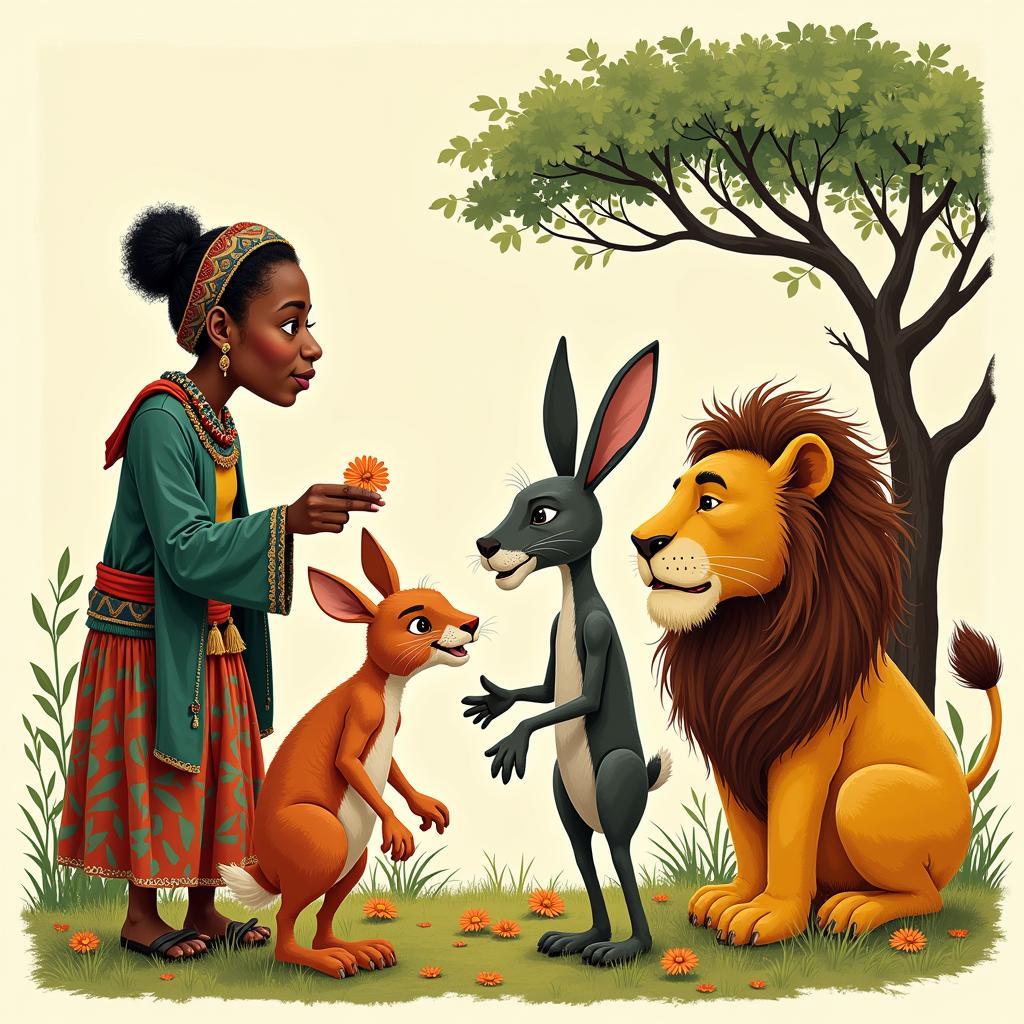 Characters from an African folktale
Characters from an African folktale
For instance, stories about tricksters like Anansi often teach children about the importance of using their intelligence wisely and the potential pitfalls of deception. By weaving these teachings into captivating narratives, authors create a fun and engaging way for children to learn valuable life lessons.
Preserving Cultural Heritage Through Storytelling
The works of African children’s writers who use folklore play a crucial role in preserving cultural heritage. In an era of globalization and rapid technological advancements, these stories act as a bridge connecting younger generations to their roots.
Through these narratives, children learn about their history, customs, beliefs, and values, fostering a sense of identity and pride in their cultural heritage. These stories become a shared experience, sparking conversations and ensuring that traditions are passed down, keeping the spirit of African folklore alive.
Notable African Children’s Writers Who Embrace Folklore
Numerous talented African writers are captivating young readers with their unique storytelling abilities, drawing inspiration from the rich tapestry of African folklore. Here are a few prominent authors:
- Chinua Achebe (Nigeria): While best known for his novels, Achebe also penned children’s books like “Chike and the River,” incorporating elements of Igbo folklore and highlighting themes of adventure and self-discovery.
- Alexander McCall Smith (Zimbabwe): Smith’s “The No. 1 Ladies’ Detective Agency” series, though written for adults, has a universal appeal and often features elements of Botswana folklore and wisdom.
- Meshack Asare (Ghana): Asare’s books, including “Sosu’s Call” and “The Brassman’s Secret,” are deeply rooted in Ghanaian folklore, addressing social issues and promoting cultural understanding.
These authors, along with many others, are ensuring that the magic of African folklore continues to enchant and inspire young readers for generations to come.

